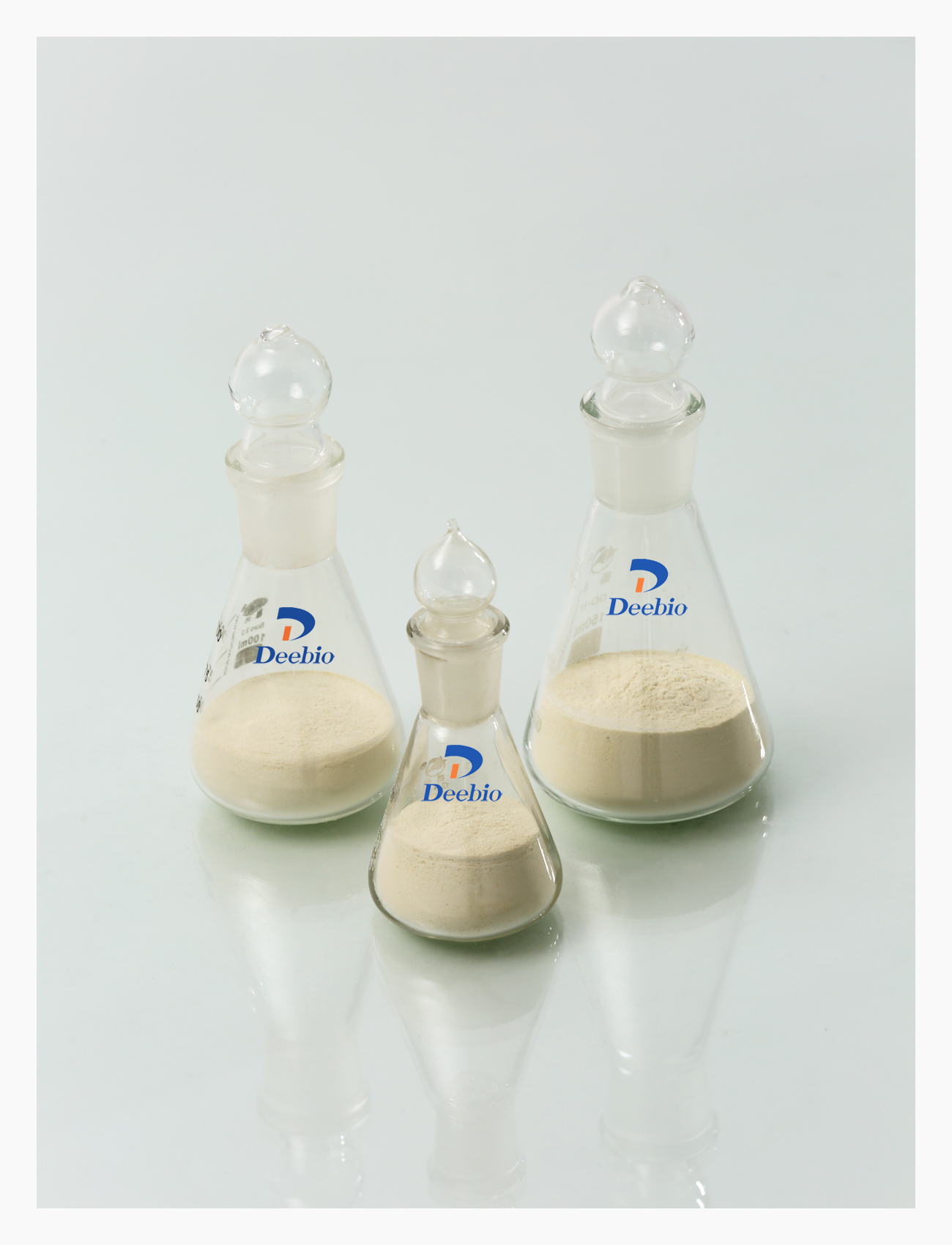Pepsin, the powerful enzyme in gastric juice that digests proteins such as those in meat, eggs, seeds, or dairy products. Pepsin is the mature active form of the zymogen (inactive protein) pepsinogen.
Pepsin was first recognized in 1836 by the German physiologist Theodor Schwann. In 1929 its crystallization and protein nature were reported by American biochemist John Howard Northrop of the Rockefeller Institute for Medical Research. (Northrop later received a share of the 1946 Nobel Prize for Chemistry for his work in successfully purifying and crystallizing enzymes.)
Glands in the mucous-membrane lining of the stomach make and store pepsinogen. Impulses from the vagus nerve and the hormonal secretions of gastrin and secretin stimulate the release of pepsinogen into the stomach, where it is mixed with hydrochloric acid and rapidly converted to the active enzyme pepsin. The digestive power of pepsin is greatest at the acidity of normal gastric juice (pH 1.5–2.5). In the intestine the gastric acids are neutralized (pH 7), and pepsin is no longer effective.
In the digestive tract pepsin effects only partial degradation of proteins into smaller units called peptides, which then either are absorbed from the intestine into the bloodstream or are broken down further by pancreatic enzymes.
Small amounts of pepsin pass from the stomach into the bloodstream, where it breaks down some of the larger, or still partially undigested, fragments of protein that may have been absorbed by the small intestine.
Chronic backflow of pepsin, acid, and other substances from the stomach into the esophagus forms the basis for reflux conditions, particularly gastroesophageal reflux disease and laryngopharyngeal reflux (or extraesophageal reflux). In the latter, pepsin and acid travel all the way up to the larynx, where they can cause damage to the laryngeal mucosa and produce symptoms ranging from hoarseness and chronic cough to laryngospasm (involuntary contraction of the vocal cords) and laryngeal cancer.
Deebio’s pepsin is extracted from high quality porcine gastric mucosa by our exclusive extraction technology. It is widely used for the dyspepsia caused by over taking proteinic foods.digestive hypofunction in the recovering period and lack of stomach proteinase caused by chronic atrophic gastritis,gastric cancer and malignant anemia.
With up to 30 years of scientific research exploration and industrialization practice,We have established a unique“DEEBIO 3H Technology”,using the whole process of enzymatic protection.The key control technology,through non-destructive activation,awakens the zymogen,and realizes the high activity,high purity and high stability of bio-enzyme products.
Post time: Aug-16-2022















